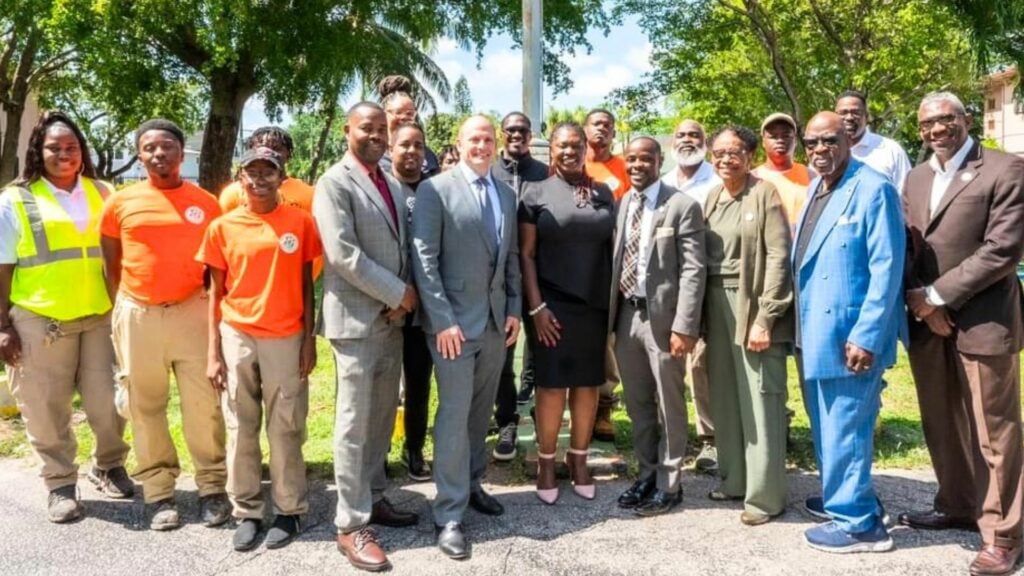With apprenticeships in focus during Youth Apprenticeship Week, there’s also a push to expand pre-apprenticeship programs to provide young people from underrepresented communities access to career opportunities.
The U.S. Department of Labor recently awarded $98 million in grants to 72 organizations around the country for YouthBuild programs which specifically target opportunity youth ages 16-24 years old who left high school before graduation and are not currently working. They range from low-income students to those leaving foster care.
Students are provided a pathway to completing their high school education along with skills training to better prepare for apprenticeships in industries ranging from construction, IT, health care and hospitality. The grants were started in 2007 and at their core is opening up career opportunities.

“It actually is a way to build equity and ensure that communities are represented because they’re getting that foundational experience. When you have a strong pre-apprenticeship program, you also have supportive services,” says Manny Lamarre, deputy assistant secretary, Department of Labor, Employment and Training Administration.
Supportive services can range from transportation to childcare and Lamarre stresses the students are also getting mentorship, something he says is key.
Lamarre estimates some 5,000 students participate in YouthBuild pre-apprenticeship programs each year. Those programs range from a few weeks to a year depending on the student and the industry.
While construction – which can include building or rehabilitating affordable housing – is the most popular pre-apprenticeship program, he says other programs provide early credentials in health care to prepare for jobs such as a certified nursing assistant.
Other YouthBuild programs provide certificates in IT, in areas such at Network Plus, which, says Lamarre, can lead to other fields including cybersecurity.
The Department of Labor works with partner organizations throughout the country to get the word out about these opportunities, often relying on word of mouth.
Lamarre provides the example of a young man with the Greater Miami Service Corps who learned about YouthBuild from a police officer who stopped him for driving a truck without a license. The student later enrolled in a local pre-apprenticeship program and now works in the construction industry.
“He went through the program and was hired. His supervisor said he’s one of the best that they’ve ever seen and, actually, now they’re training him to go into management,” explains Lamarre.

He adds that the young man “said that it gave him a second chance at life, even with his infraction. It has changed his life. He just told us that he bought a BMW. It really does make a difference.”
On a larger scale, Lamarre points out that the federal government has made investments through the bipartisan Infrastructure Investment and Jobs Act, the Inflation Reduction Act, and the CHIPS Act, all aimed at creating future jobs.
“We want young people to know one, that they can access those careers, and then two, that there are very clear pathways for them to access those careers. So, whether it is in five or 10 or 15 years, when these good jobs are being created, they’re not left out of it, because we know the ramification of not being connected.”











